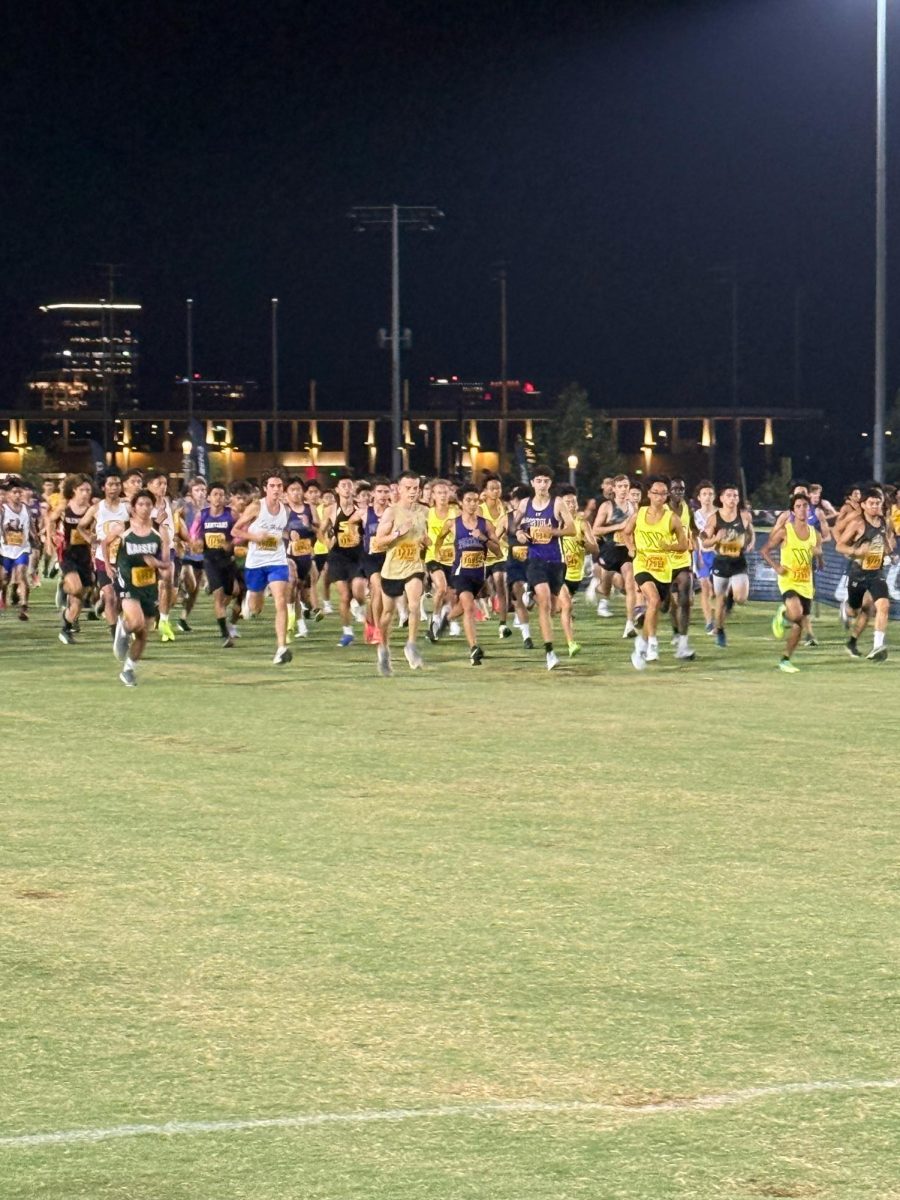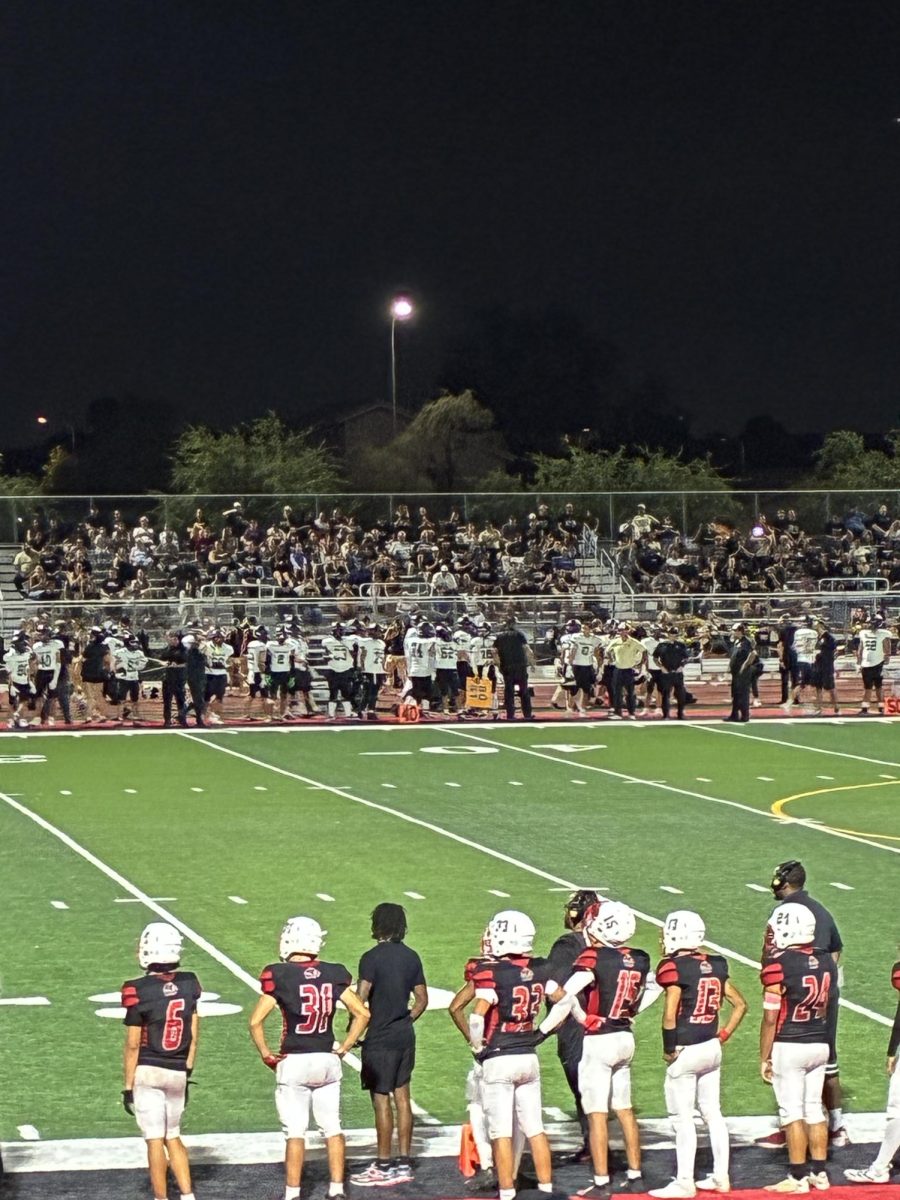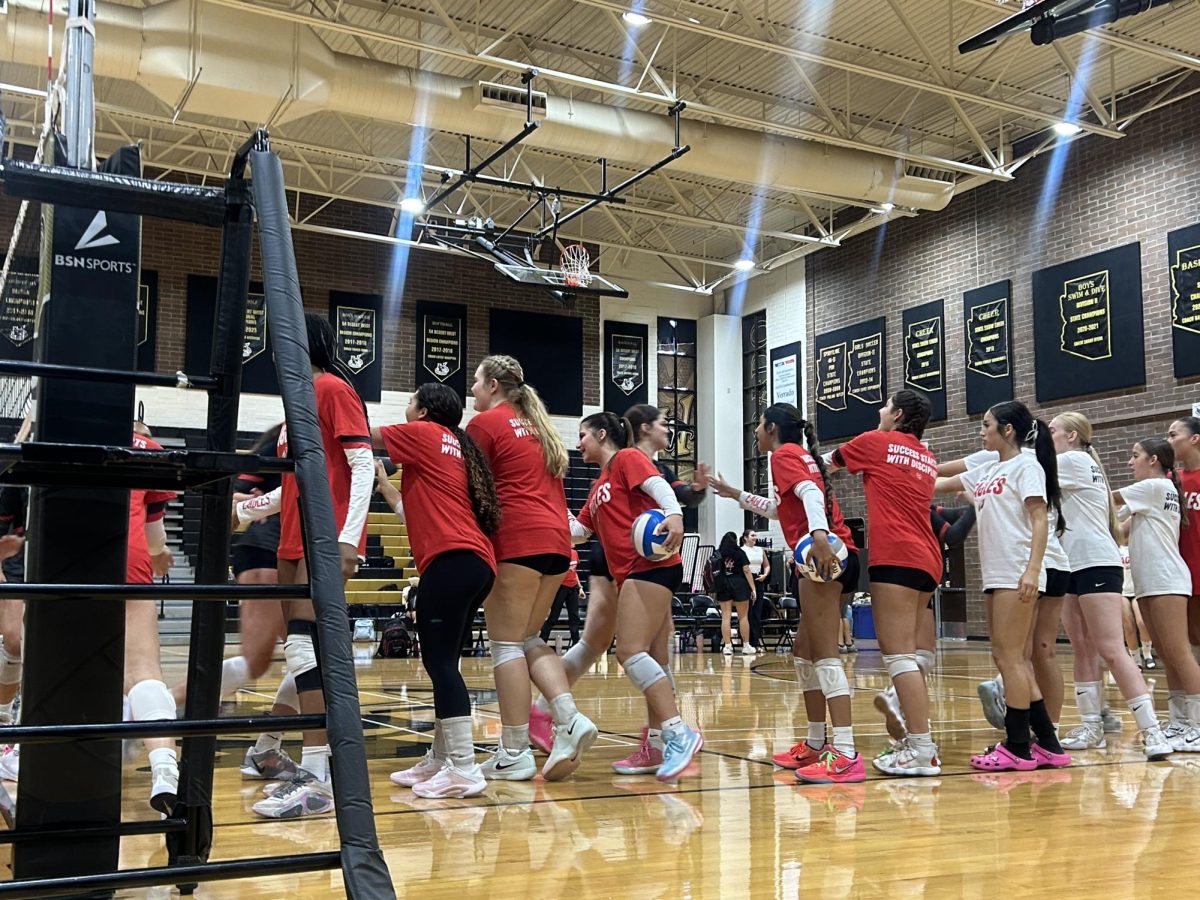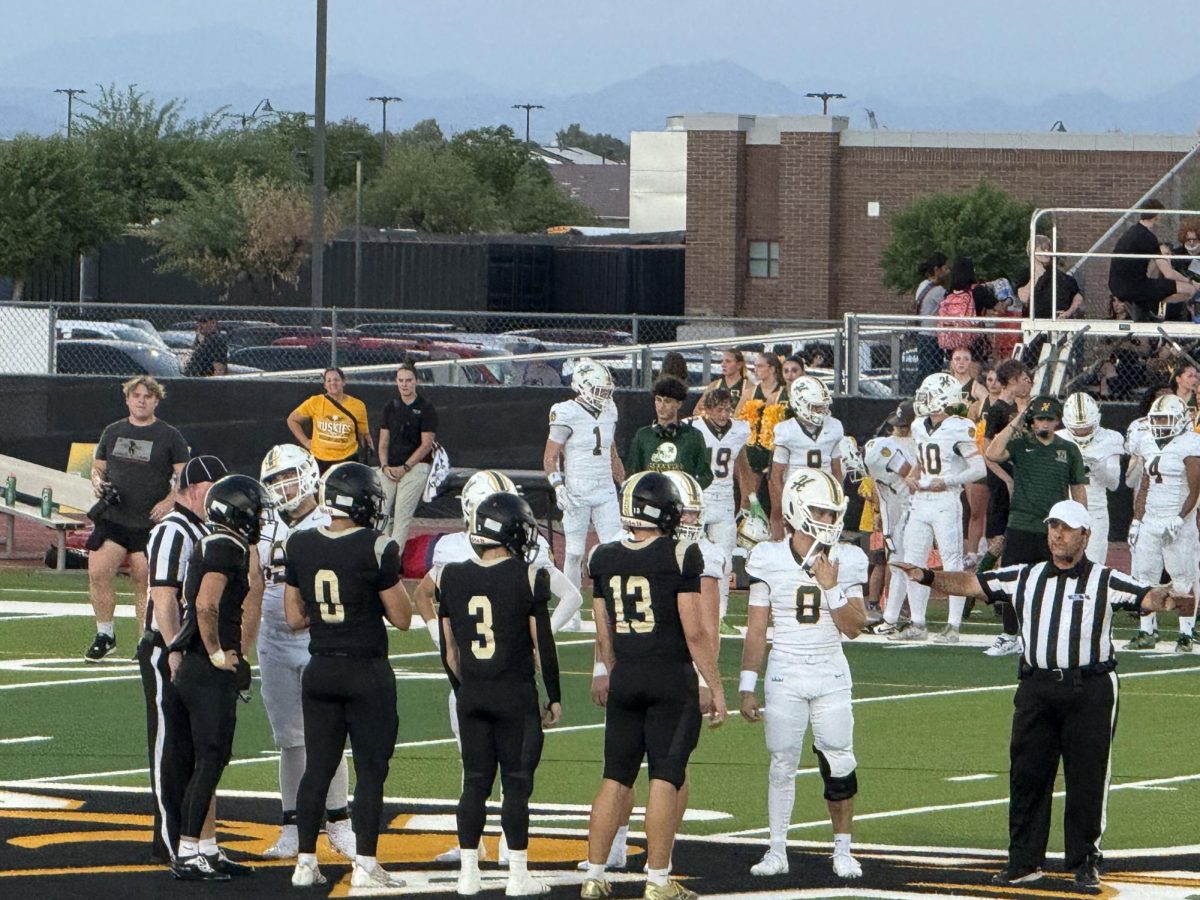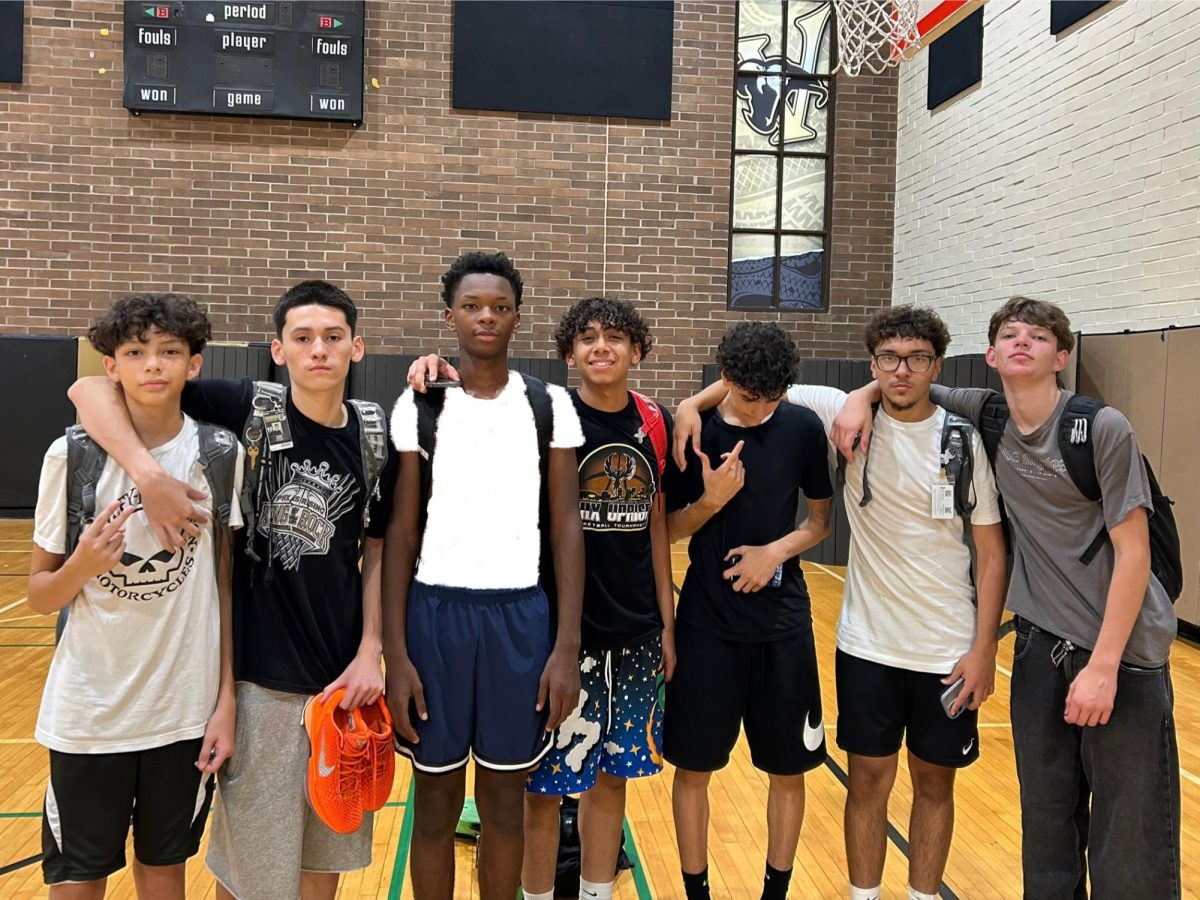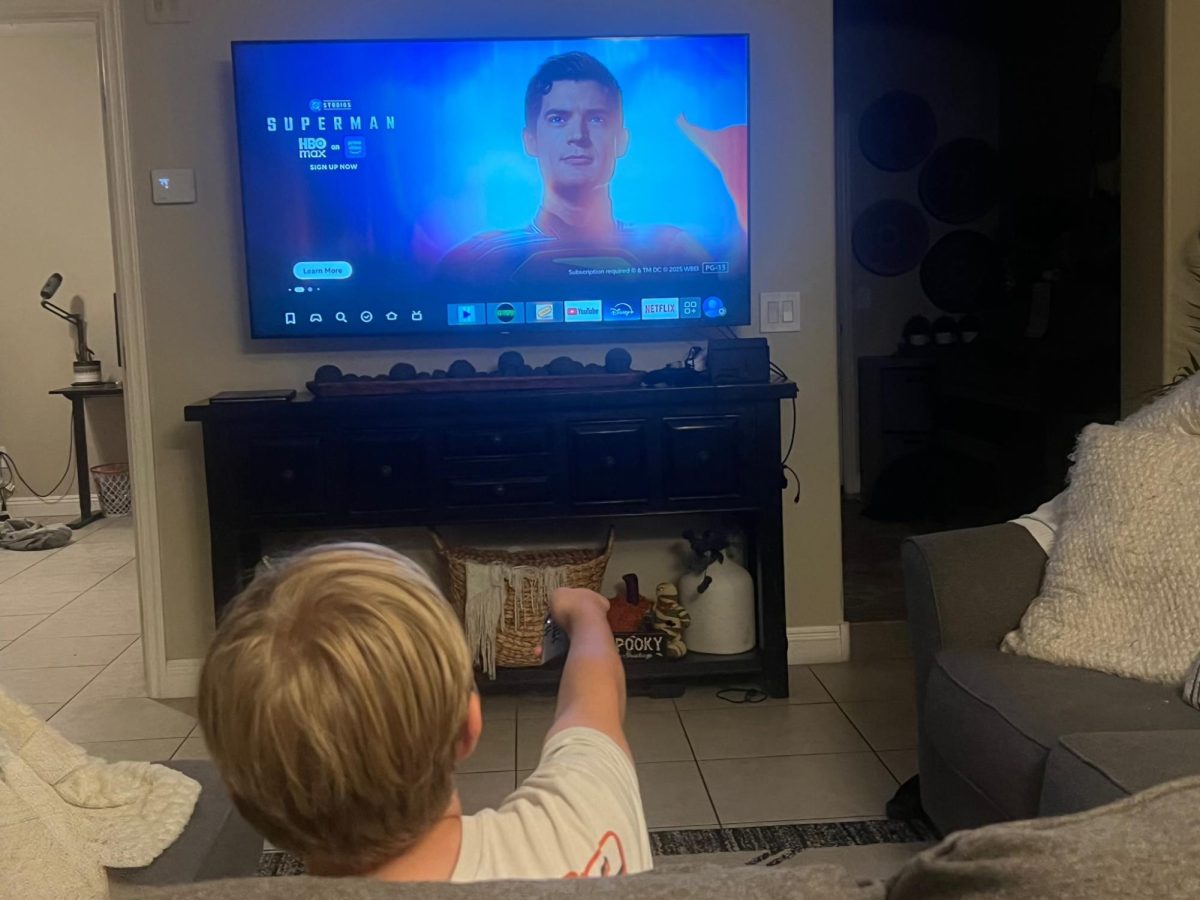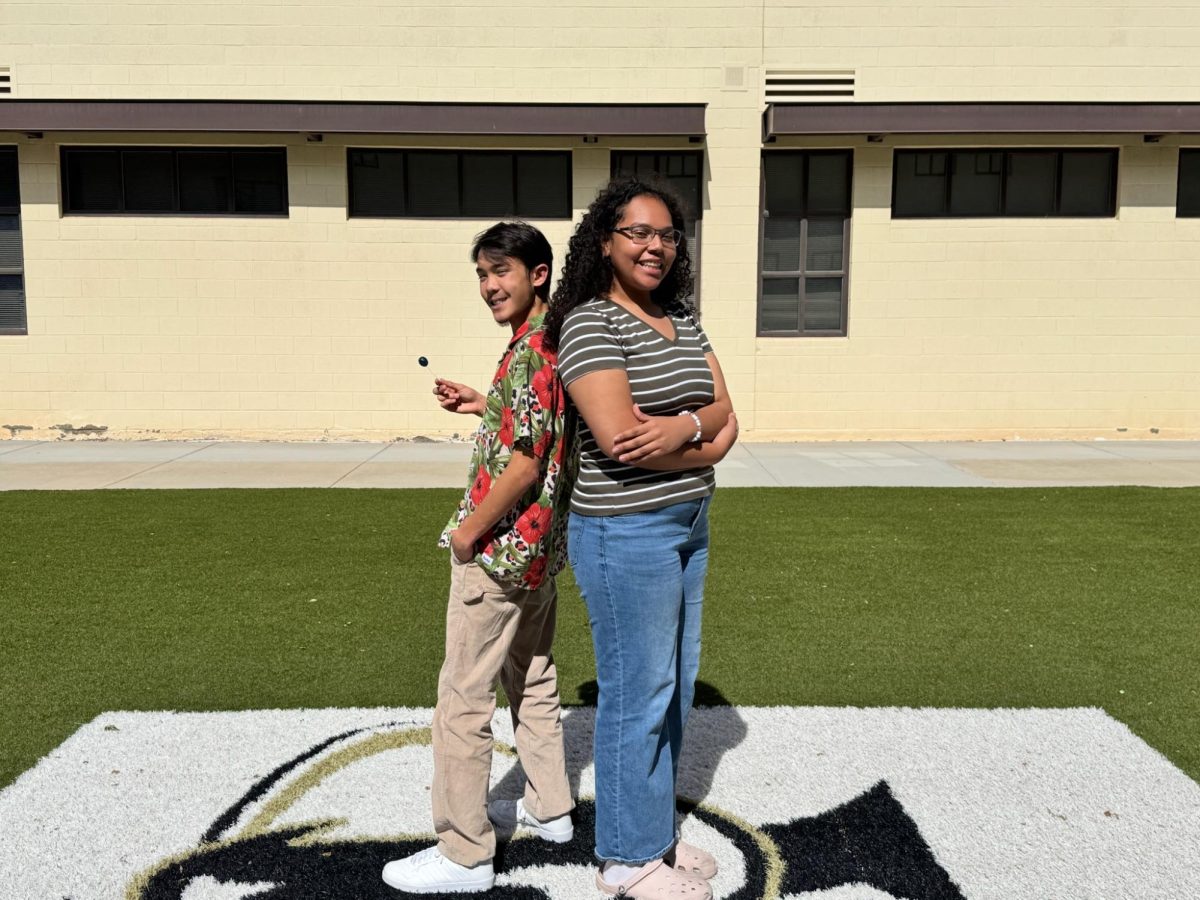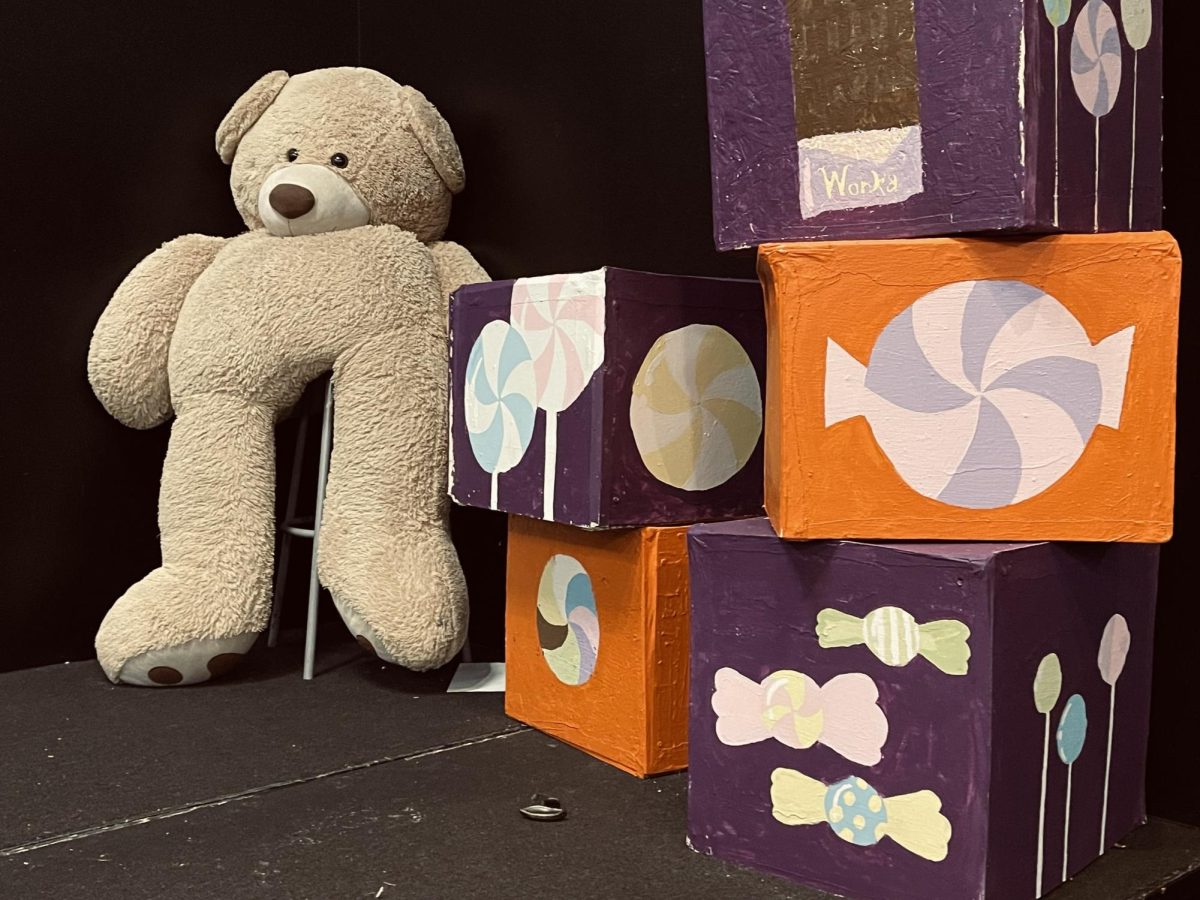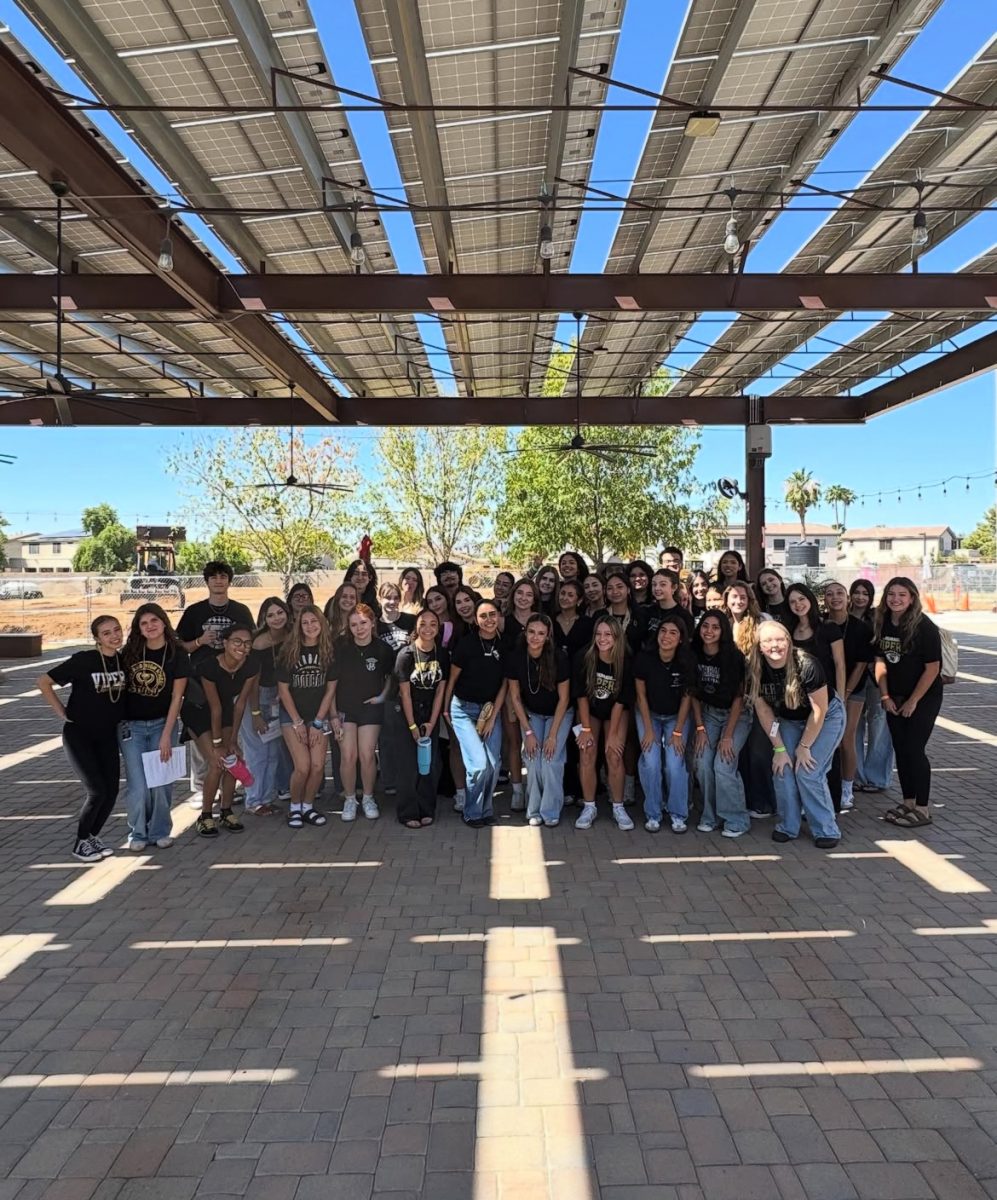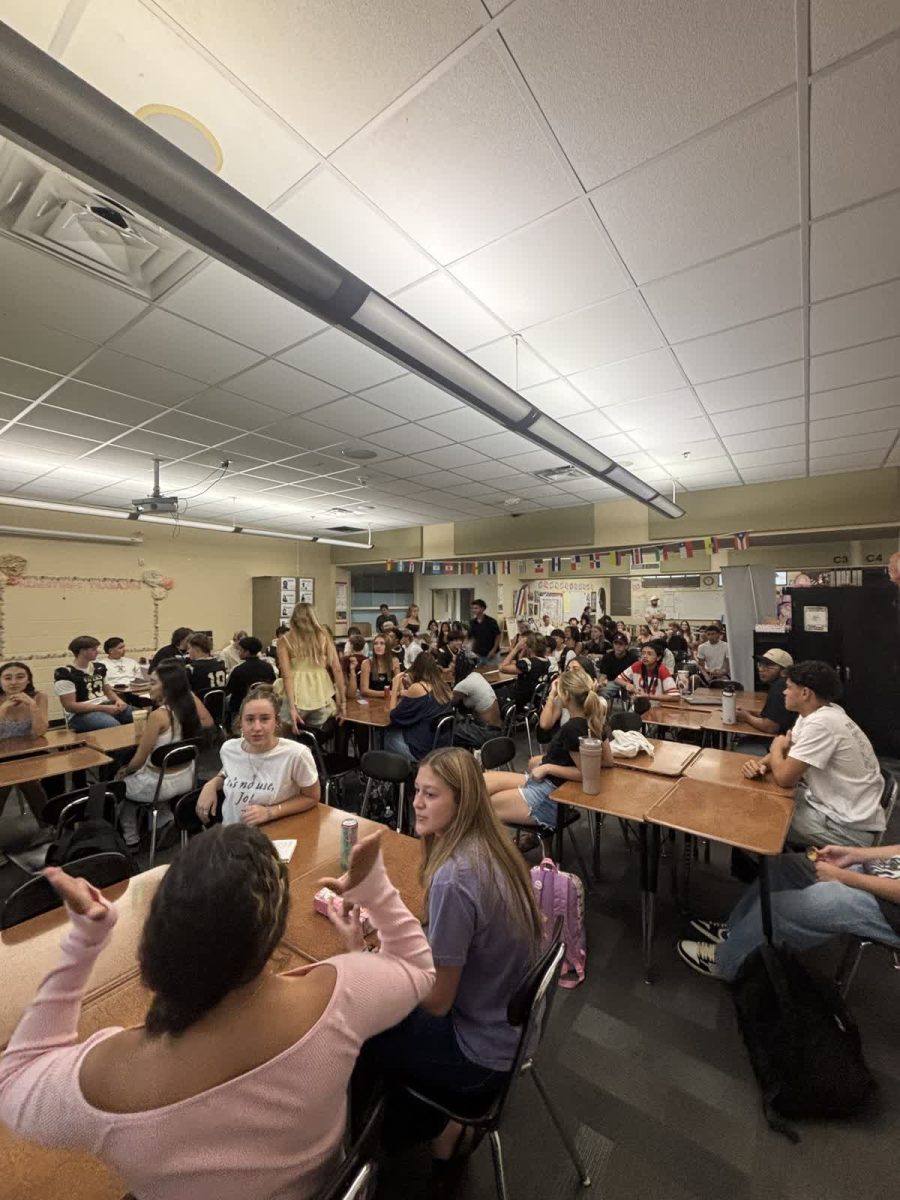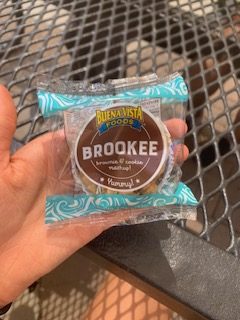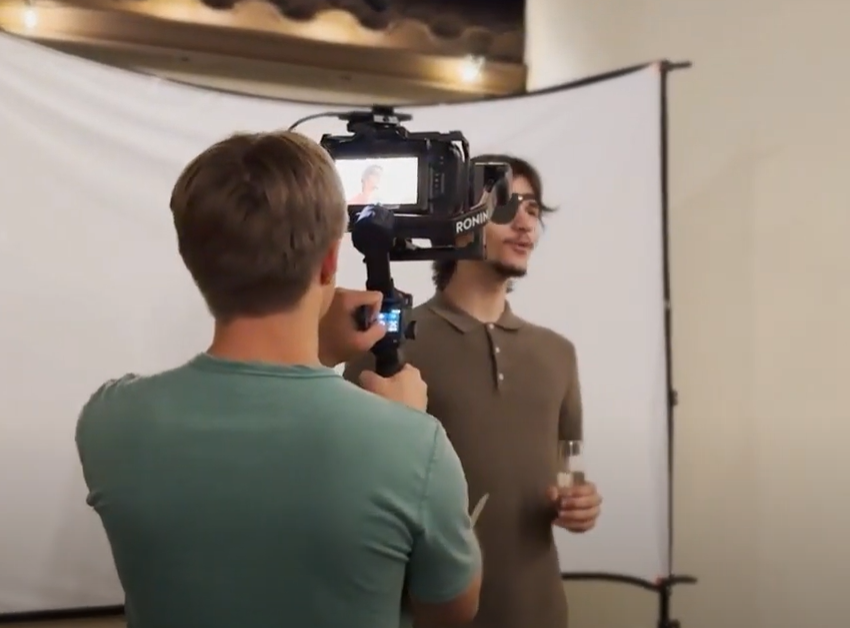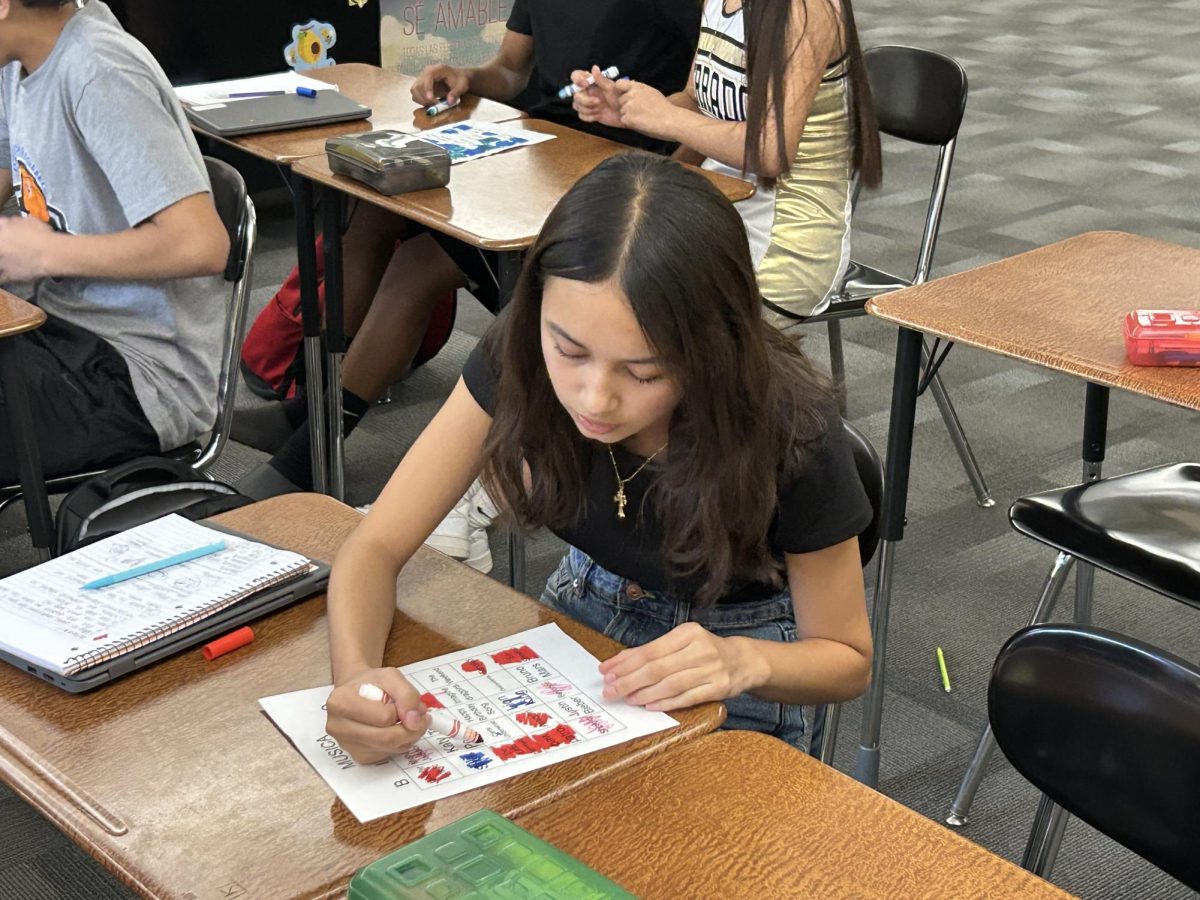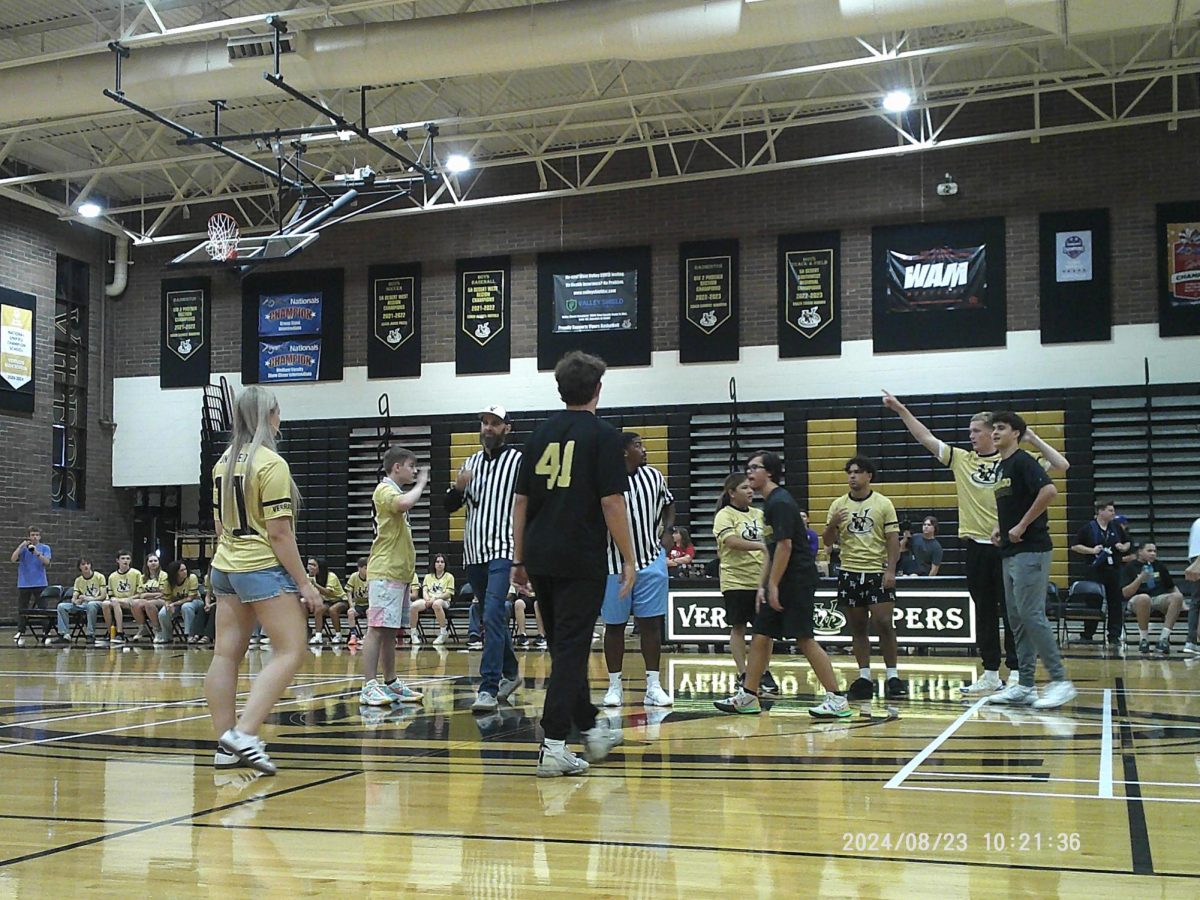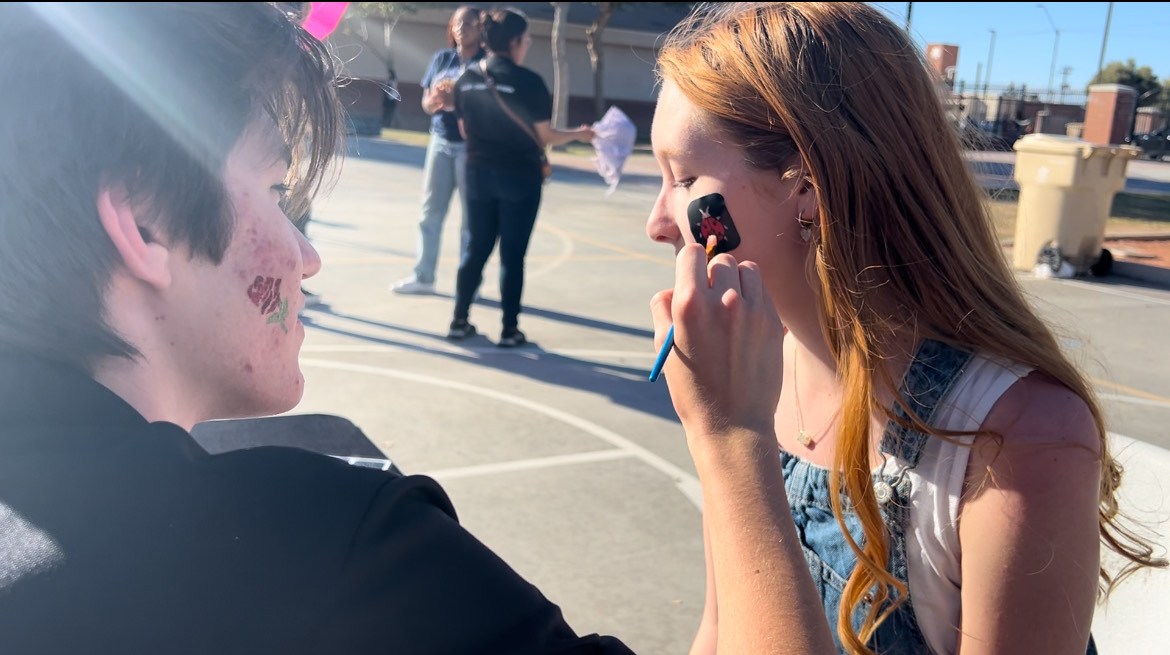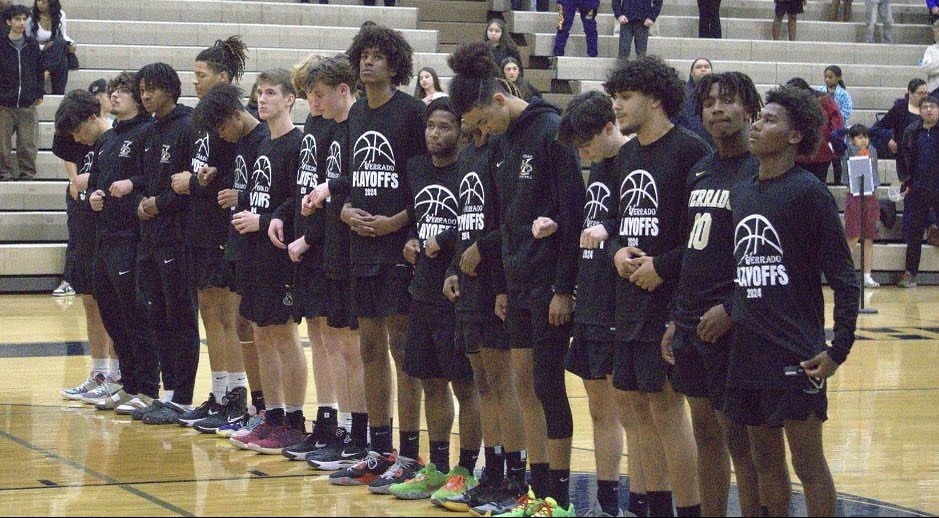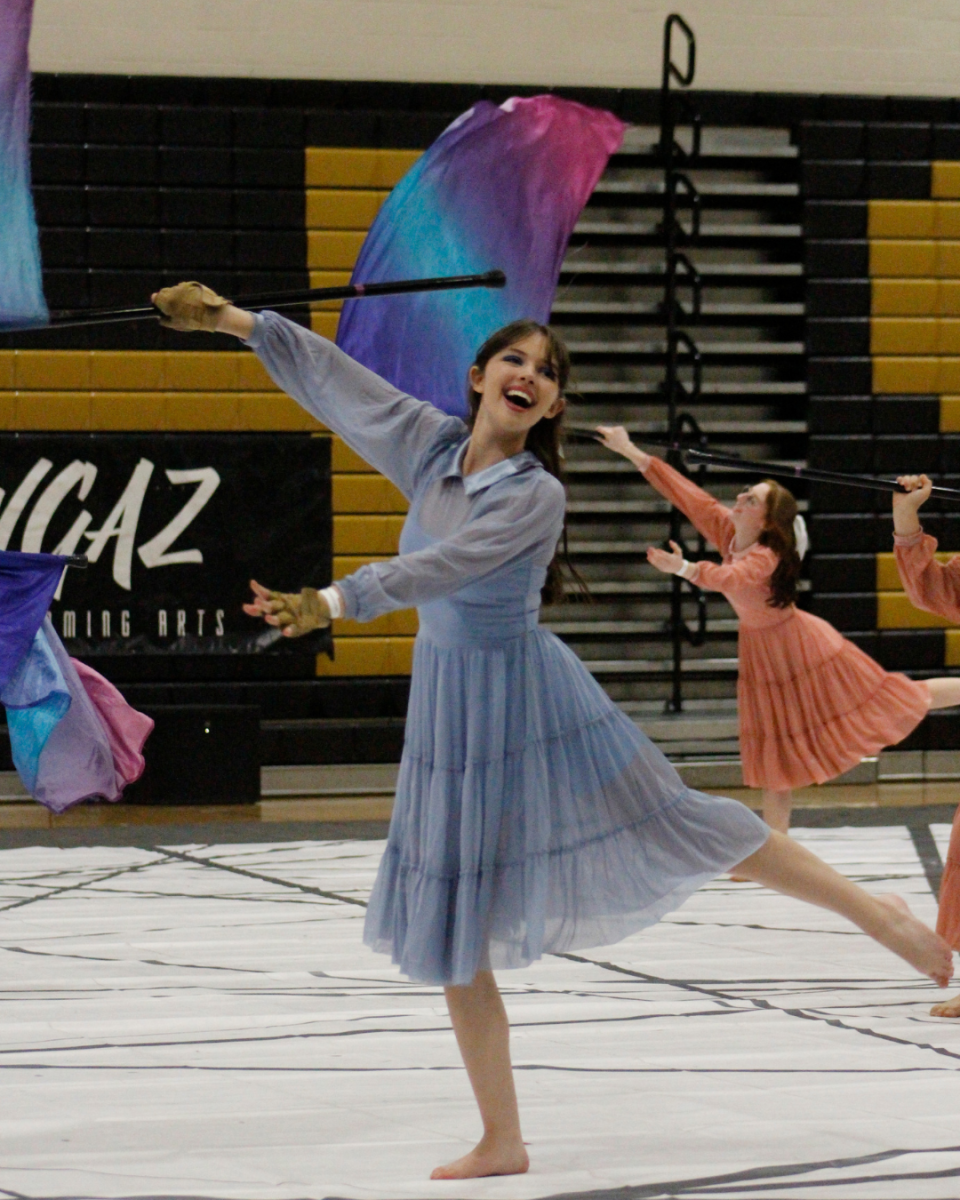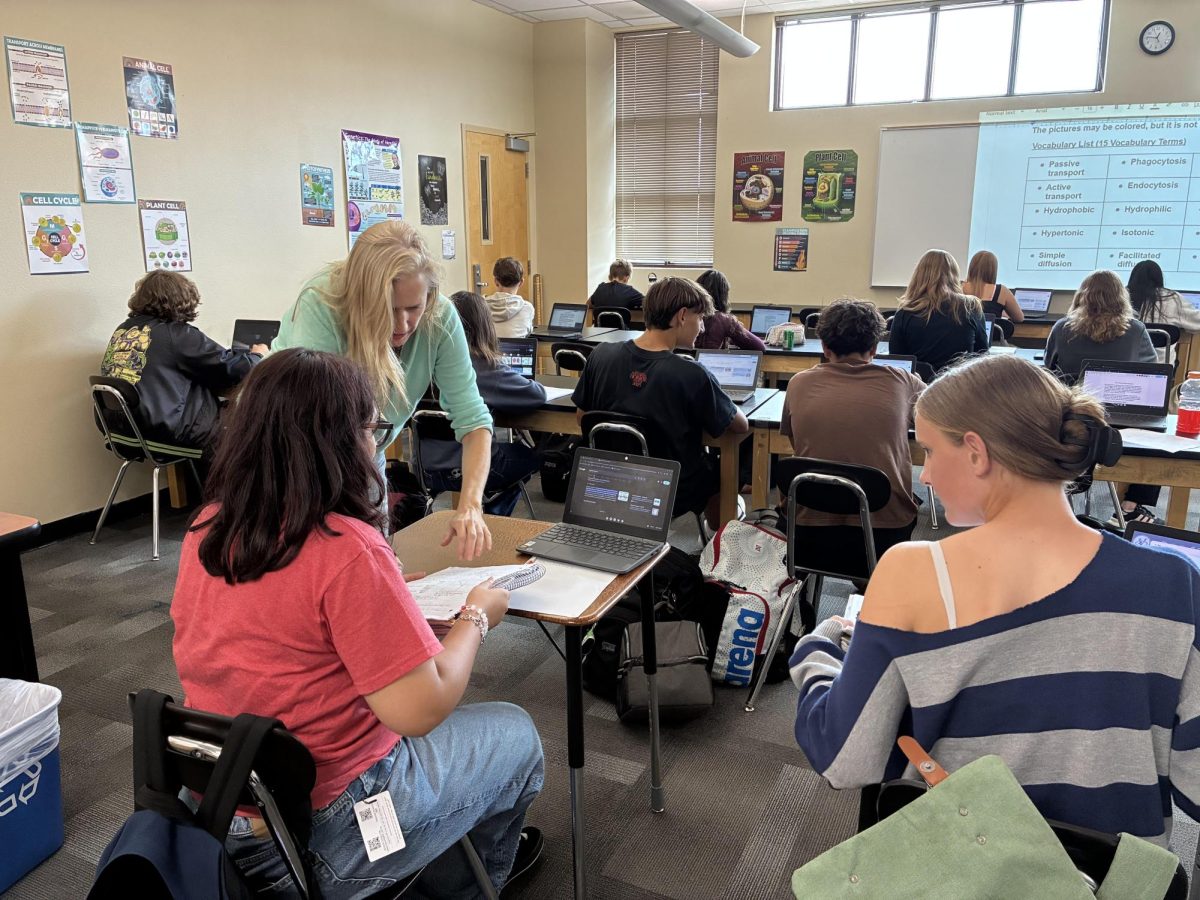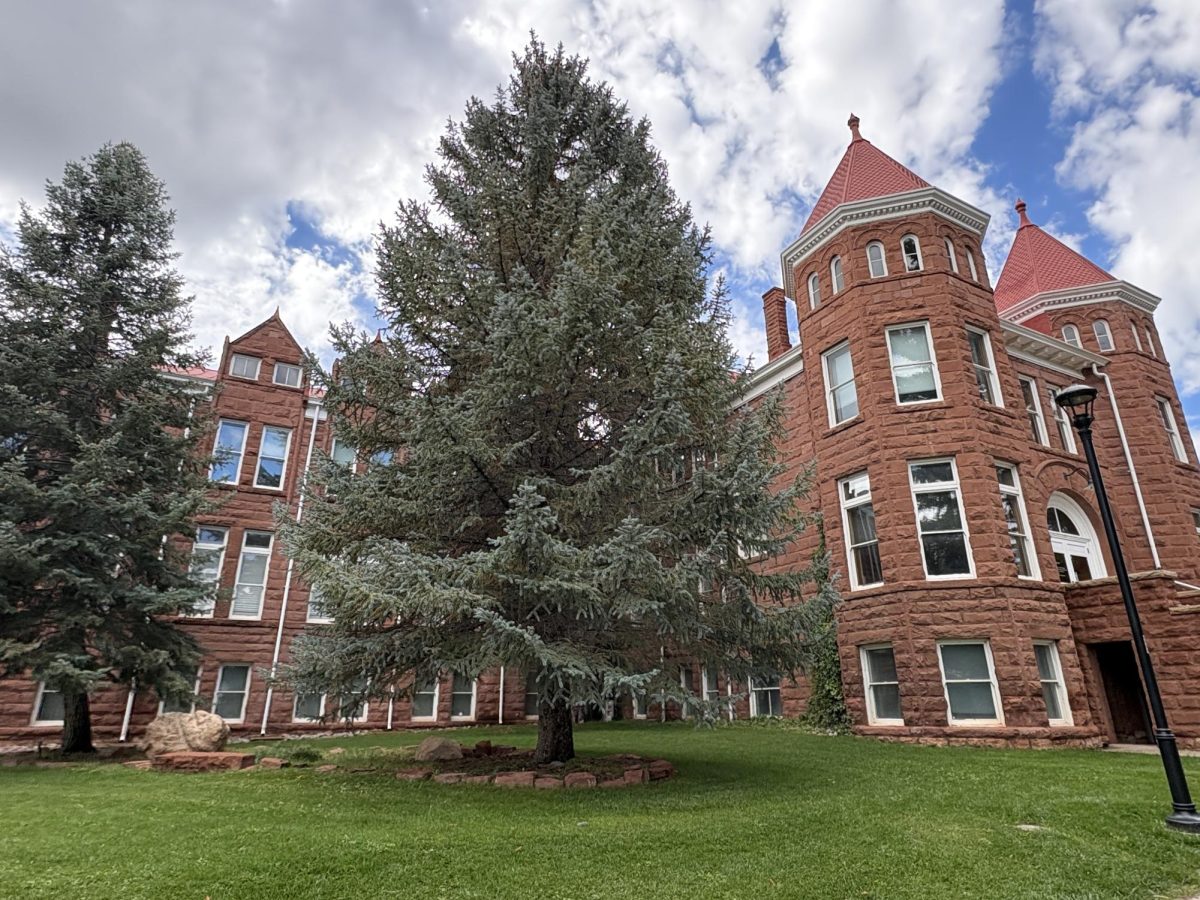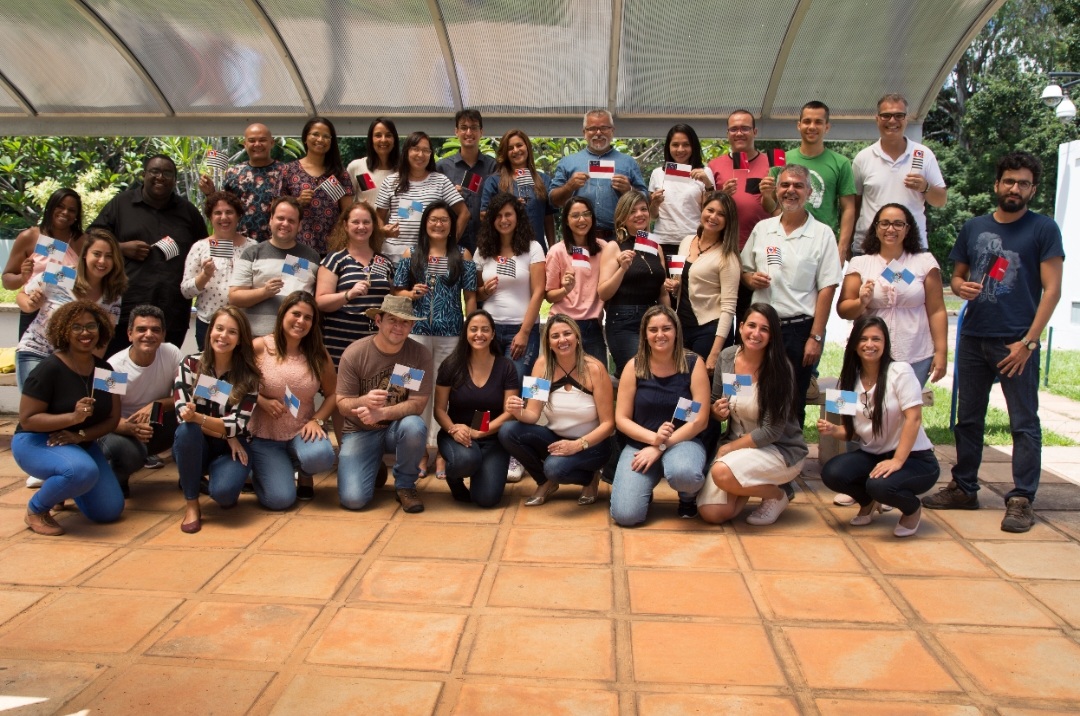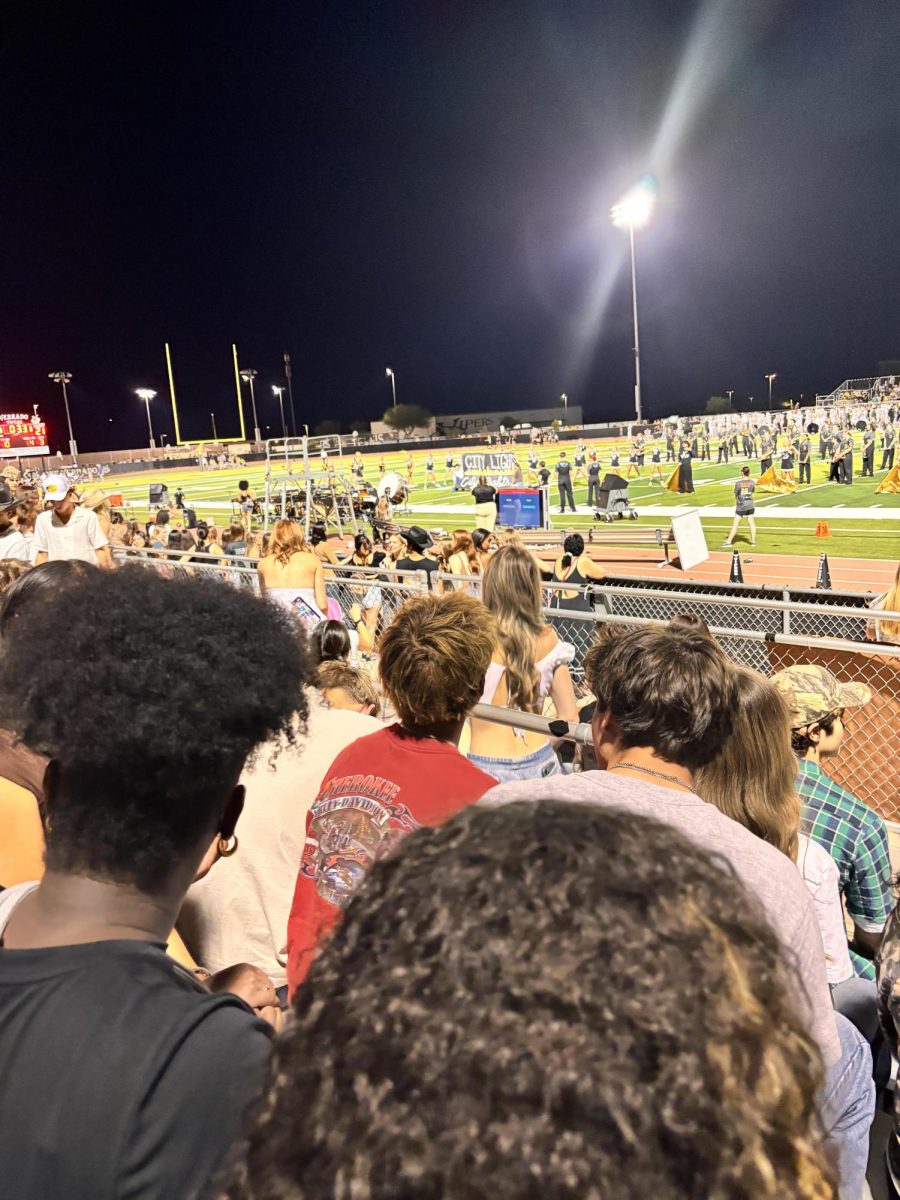Last Thursday a representative from ASU gave a short presentation in the Innovation Lounge about the university. The presentation discussed the school’s achievements over the years, its courses, daily student life, and the differences between the 4 ASU campuses.
ASU considers itself a “public research university,” meaning that it cares about students doing the research they need to be able to succeed in their academic careers and whatever career they choose to pursue.
It’s because of this philosophy that ASU was named #1 in the nation for innovation in students in 2022, which was the eighth year in a row they have received that title. They are also #1 in the US for global impact, research, outreach, and stewardship.
The presentation also detailed the differences between ASU’s four campuses and what they tend to specialize in, along with statistics such as student-to-faculty ratios, the average size of each class, and the student body count.
The Downtown Phoenix Campus, with its location being in the name, specializes in professional and fast-paced thinking with programs such as journalism, health care, public service, and corporate communities. They have a student-to-faculty ratio of 15 to 1, an average class size of 29 students, and a student body count of 11,420.
The Polytechnic Campus, located in Mesa, specializes in technical and innovative thinking with programs such as engineering, management, technology, and interdisciplinary science. They have a student-to-faculty ratio of 18 to 1, an average class size of 26 students, and a student body count of 5,243.
The West Campus, located in Glendale, specializes in a “small liberal arts college style” type of thinking with programs associated with the fields of the health industry, business, education, and interdisciplinary arts. They have a student-to-faculty ratio of 12 to 1, an average class size of 25 students, and a student body count of 4,929.
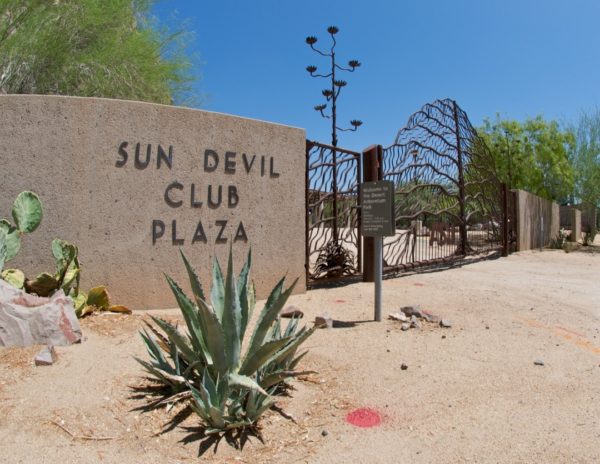
The Tempe Campus, with its location being in the name, specializes in helping make their students think with inspirational programs and opportunities with programs such as multidisciplinary research and exploration in first-rate laboratories and facilities. They have a student-faculty ratio of 20 to 1, an average class size of 39, and a student body count of 53,286, which is more than any of the other campus’s student bodies combined.
The representative also discussed the types of communities present at all the ASU campuses, with fourteen residential colleges, seven different student coalitions, over sixty-five religious organizations/houses of worship, and a thousand clubs and organizations. ASU students’ dorm assignments are based on their major and what campus they have to attend to progress through that major, meaning that roommates will (more or less) have similar interests
At the end of the presentation, the representative showed everyone the steps to apply to ASU. It’s a four-step process with them having to, submit the ASU admissions application, to self-report grades or request a transcript from a guidance counselor, pay the application fee, and the final step is to simply check your application status.
ACT and SAT scores are not required for applying, but are recommended. There are some optional requirements for first-year admissions The prospective students must have a 3.0 GPA, be in the top 25% of their high school class, and have an acceptable SAT/ACT score. The requirements for the application are having four years of math, four years of English (non-ESL/ELL courses), three years of lab courses (such as biology, chemistry, earth science, integrated sciences, or physics), two years of social sciences (including one year of American history), two years of the same language, and one year of fine arts or one year of career and technical education. All of these should have or need to be completed in high school.
According to the representative of the presentation, Katarina Kunert, “We meet students where they are at and walk with them through their college search journey. I understand that every student is in a different place so it is fun to talk with students and get them to wherever their destination is!”
Kunert is the only representative of ASU in the Litchfield district, so if a student has any questions her email is [email protected].

